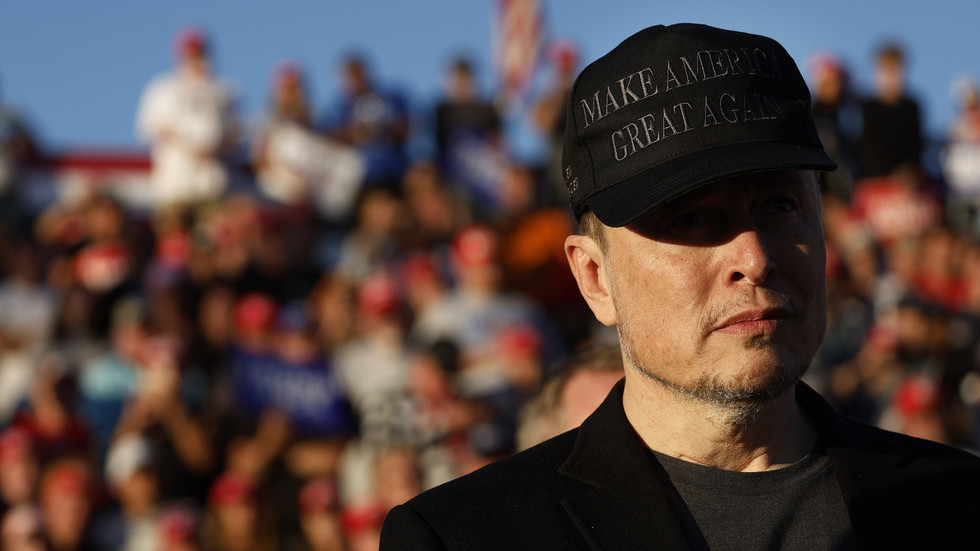In a controversial statement, Elon Musk, the CEO of SpaceX and Tesla, expressed his concerns regarding the 2024 presidential election and the implications it may have for influential figures tied to Jeffrey Epstein. According to Musk, many billionaires backing Democratic Vice President Kamala Harris are “terrified” of a potential Donald Trump victory, particularly due to the possibility of Epstein’s extensive client list being made public. Epstein, a financier with connections to numerous high-profile individuals, was arrested in 2019 for trafficking young women and has been linked to a host of powerful acquaintances, including politicians, celebrities, and business titans. His suspicious death in a Manhattan jail the same year was ruled a suicide, but speculation regarding the circumstances remains alive, especially relating to the information the FBI may have gathered about his associates.
Musk’s statements came during an interview with Tucker Carlson, where he characterized Harris not as an independent political actor but as a “marionette” controlled by a complex web of over a hundred influential figures, whom he referred to as “puppet masters.” He suggested he could draw a striking comparison between these influential backers of Harris and Epstein’s client list, implying there may be significant overlap between those who support her candidacy and those implicated in Epstein’s trafficking network. This assertion about the potential connections raises questions about the relationship between wealth, power, and the political landscape in America.
The tech mogul’s commentary indicated that Trump’s potential presidency poses a real threat to the secrets held by the elite associated with Epstein, including billionaires such as LinkedIn co-founder Reid Hoffman and Microsoft founder Bill Gates. Musk suggested that these prominent figures are deeply concerned about the repercussions of Trump regaining power, hypothesizing that a Trump administration could reignite scrutiny on the Epstein situation and compel action from the Department of Justice regarding the client list and its associates. There are fears that revelations from the list could damage reputations and influence in significant ways should legal proceedings commence.
Musk further criticized the U.S. justice system for its inaction on prosecuting individuals connected to Epstein while focusing instead on punishing those involved in the January 6 Capitol riots. He lamented the disparity in the treatment of roughly 500-600 people arrested for their roles in the riots compared to the lack of prosecution for those listed among Epstein’s clients. This, in Musk’s view, highlights systemic issues within the judicial framework, prompting public outcry over the apparent leniency afforded to powerful elites while ordinary citizens face severe consequences for political dissent.
The suggestion that there might be a strong correlation between high-profile supporters of Harris and those connected to Epstein stirred significant controversy, raising ethical questions about campaign funding and the accountability of influential figures in politics. Critics of this narrative might argue that linking individuals to Epstein merely by their social or business connections could perpetuate harmful stereotypes and misunderstandings without ample evidence. Nevertheless, Musk’s comments reflect an ongoing narrative about the intertwining of political fundraising and the influence of affluent donors in shaping political outcomes in the United States.
In conclusion, Musk’s remarks not only address the political stakes of the upcoming presidential election but also shed light on broader concerns about the integrity of the justice system and the consequences faced by powerful individuals. As the election approaches, the implications of these statements will likely continue to resonate, not just among the political elite but also within the wider public, who are increasingly aware of the dynamics that underpin political financing and governance. The potential resurgence of Trump raises significant questions about transparency, accountability, and the long-lasting impact of the Epstein scandal on American politics.

